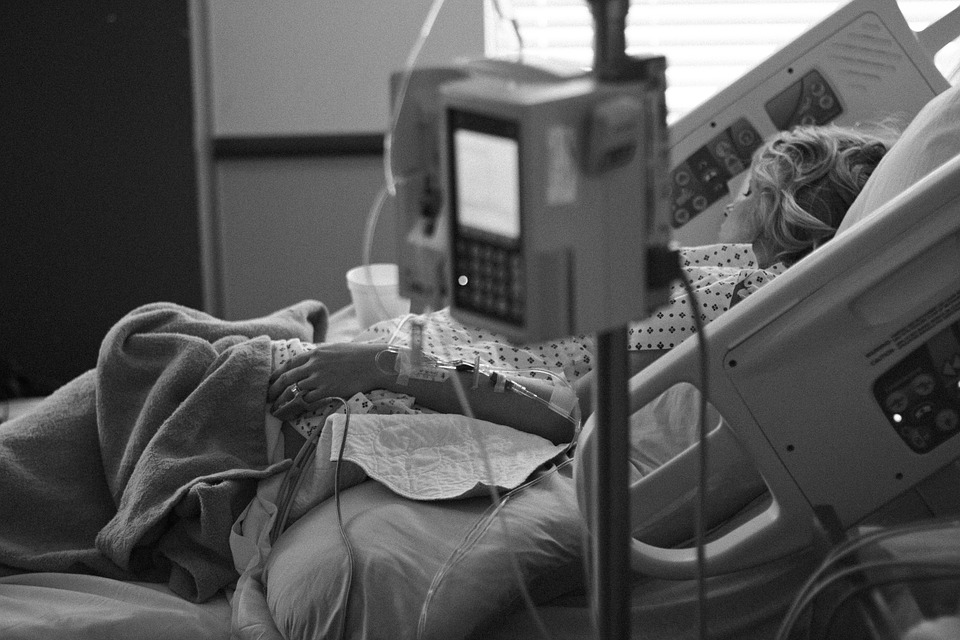
In many women’s minds, birth and epidural go together. But how many of us are conscious of the impact of this routine intervention on birth and the days that follow?
According to Dr Sarah Buckley, author of Gentle Birth, Gentle Mothering, its effects can significantly alter birth progression and have an impact on the woman´s capacity to mother her infant after birth. “Epidural can turn birth into a medical procedure because it alters the hormones that support the birth experience, as well as those hormones released after birth and in the early days of motherhood – maybe even longer. We are interfering with a very ancient system that is designed for maximum reproductive fitness”, said Dr. Buckley.
“Mother falling in love with her newborn is part of nature´s design. The hormonal environment is activating the pleasure and reward centers in mother´s brain, so that caring for her baby will be, well, pleasurable and rewarding, motivating the mother to give the infant the care it needs. However, Dr. Buckley sustains epidurals interfere with this process by causing a measurable hormonal drop, specifically crashing oxytocin – the love hormone – levels.
Debby Gould, mother of two and co-author of “How to Heal a Bad Birth: Making sense, making peace and moving on”, experienced the impact of an epidural in her first birth. “I was fortunate that for the first hours of birth I was in a good place, with my own hormones, and I felt the difference when I received the epidural. After the delivery, everything seemed confusing, I felt emotionally flat, as if there were a gulf between my baby and I, I didn´t feel she was my daughter”, said Gould. Motherly feelings did not creep in until the third day, and she had difficulty breastfeeding.
Debby said she had bonding problems with her first child. But with her second infant, who was born without epidural, she felt euphoric, an instantaneous connection, instead of the feeling that something “was missing”. “Transition to motherhood is tough, and if you lose those hormones, it impacts everything: the bond, breastfeeding and the capacity to put baby´s needs before your own and to feel good about monotonous chores,” she states.
According to Dr. Buckley, there is a feedback loop during labor in which the sensations the woman feels send signals to the brain and uterus to step up the contractions. By eliminating the sensations of labor with an epidural, you knock out this feedback, so labor often slows down or stops – and then you need synthetic oxytocin. This cocktail (epidural and synthetic oxytocin) will inhibit the brain from releasing its own natural oxytocin, which is necessary for calming, pain control and activation of maternal instincts, by switching on the pleasure and reward centers. Synthetic oxytocin cannot do this.
Professor Stephen Robson, President of the Royal Australian and New Zealand College of Obstetricians and Gynecologists, stated that he always talks about the pros and cons of epidural with his patients. “Epidural has many implications, “he said, “but sometimes it is the only way to have a vaginal birth. In some circumstances, the baby may be in a suboptimal position and this lets him rotate”. He feels that the effect of epidurals is well known by obstetricians.
For those women who do receive an epidural, Dr. Buckley states there are ways to help regain the production of mothering hormones and activate the pleasure and reward brain centers.
How to recover mothering hormones after an epidural:
Dr Buckley recommends the following:
- Have immediate and continuous skin to skin contact with the baby right from birth. This will also help to clear the effect of medications on the newborn, as well as facilitate the beginning of breastfeeding.
- Breastfeed as much as possible, as this will activate all the right hormones.
- Have access to a certified lactation consultant from the early days, to assist with any breastfeeding difficulties as soon as possible.
- Do not put a hat on the newborn´s head, as this will reduce skin to skin contact and the release of pheromones, designed to help in the hormone cocktail.
- Keep baby with you at all times while in the hospital
From the article:
Many expectant mums think about having an epidural. But there might be an unexpected side effect.







